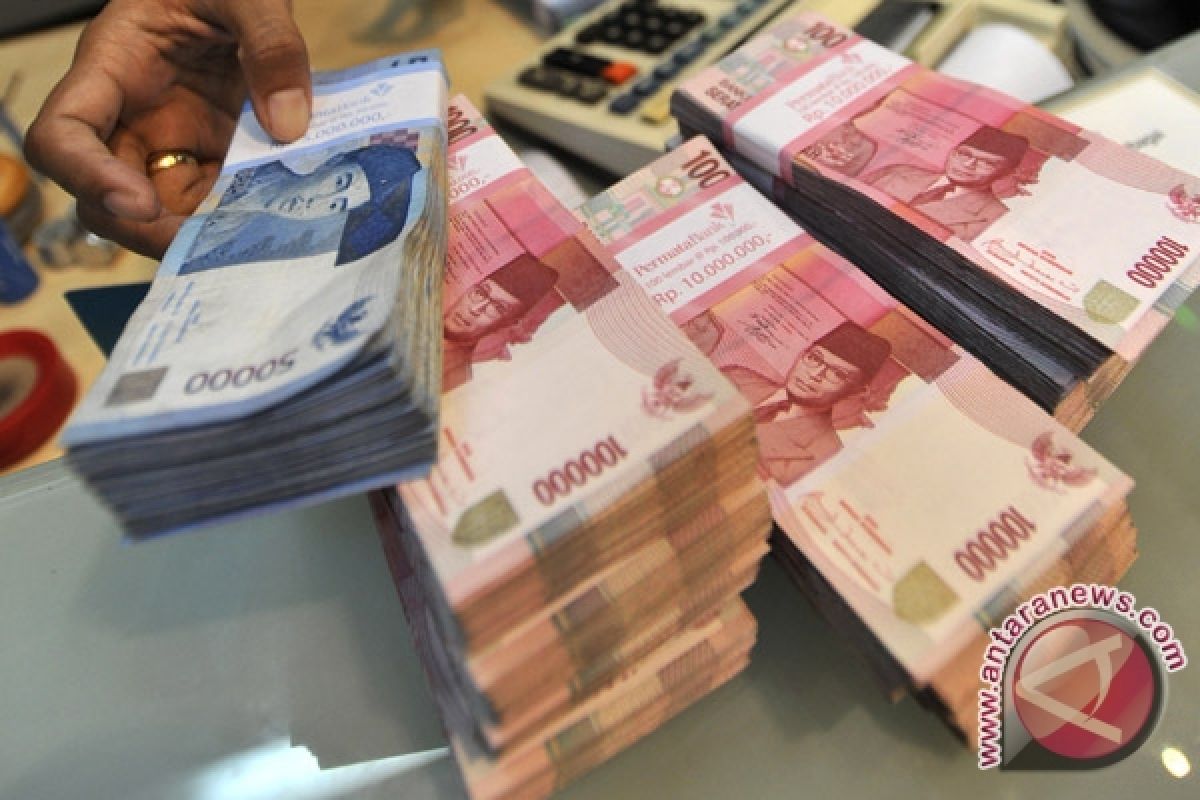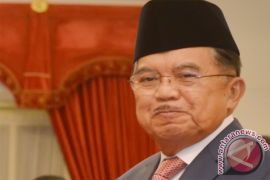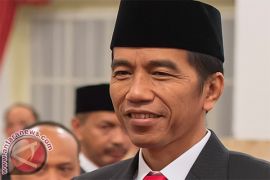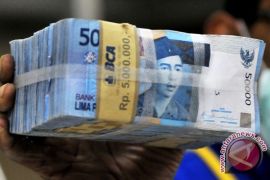"Redenomination doesn`t mean it will alter or diminish the value of the rupiah, so that people actually have nothing to worry about," Head of Regional Office of Bank Indonesia for Central Java and Yogyakarta, Joni Swastanto, saidJakarta (ANTARA News) - The central Bank Indonesia (BI) has asserted that the redenomination of the currency will not reduce the value of the rupiah, since it only nominally simplifies the currency by omitting the last three zeros from the rupiah.
"Redenomination doesn`t mean it will alter or diminish the value of the rupiah, so that people actually have nothing to worry about," Head of Regional Office of Bank Indonesia for Central Java and Yogyakarta, Joni Swastanto, said in Semarang, Central Java on Thursday.
He added that if the law is approved, Rp1,000 (10 US cents) would become Rp1, though the value would remain the same.
However, he admitted, there are many people in some regions who are still confused with the redenomination plan, for fear of a reduction in the value of money.
"During a number of events in some regions, some people have expressed concern about the redenomination plan. Therefore, we would like to reiterate that the policy will not change people`s revenues or expenditures," he said.
According to Swastanto, government officials have confirmed that the plan to omit three zeros from the rupiah will take place as early as 2014, and the Redenomination Bill has become one of the Finance Ministry`s top priorities to be discussed with the House of Representatives next year.
By 2014, Indonesians will then have two types of currencies circulating in the market during the redenomination transition period from 2014 to 2018, which are the present banknotes and those with three zeroes omitted.
During this period, the government will oblige shops and businesses to put dual price tags on merchandise; before and after the redenomination.
"We will give sanctions to businesses that do not use dual price tags," said Agus Suprijanto, the Director General of Treasury of the Finance Ministry.
He added, the draft of the bill on redenomination has been forwarded to the House]s legislative body and is slated to be discussed during January-June 2013.
Suprijanto further noted that it would take at least eight years for the government to gradually pull the current rupiah banknotes from distribution. "The transition process is quite long, since we need to maintain price stability," he said.
Earlier, Minister of Finance Agus Martowardojo stated that the government is making efforts to develop a foolproof currency redenomination plan so it does not fail, as did previous plans.
"Historically, Indonesia has experienced three failures in financial policy implementation. In 1950 and 1959, the government failed to implement rebuilding the currency, and in 1965 the currency redenomination plan also failed. Therefore, we want to ensure that the current redenomination plan can be implemented correctly," the Minister said.
The Indonesian government conducted a rebuilding of the currency, as the resolution to the country`s hyperinflation problem in the 1960s, during which the rupiah`s value was reduced, alongside with the zeroes that the government scrapped.
Therefore, Agus Martowardojo has repeatedly highlighted the importance of explaining to the public about the difference between redenomination and `sanering`, the rebuilding.
According to Agus, the Ministry of Finance will consult with the public and raise awareness about the plan for three to five months before discussing the Rupiah Redenomination Bill with the parliament.
"We do need to obtain input from all stakeholders with regard to the accuracy of this currency redenomination, because we must do it well this time around. We don`t want people to misunderstand anything," he explained.
"The government has also consulted with other countries that have been successful in their currency redenomination efforts, and some of them have recommended that we discuss the subject intensively with the public before implementing a policy on the matter," Agus continued.
He added that the government would begin its public consultation efforts from December this year until April 2013.
The plan to redenominate the rupiah was first proposed by Bank Indonesia in 2010.
BI Governor Darmin Nasution said, at that time, that redenomination was part of the government's efforts to comply with regional economic reforms, to coincide with the establishment of the financial integration scheme in the region by 2015, known as the ASEAN Economic Community.
"Among ASEAN countries with better performing economies, Indonesia is the only country that still has many zeroes in its currency," he pointed out.
Nasution has also stated that the planning and implementation of the currency redenomination would be carried out by a team formed by Vice President Boediono.
According to Nasution, analysts have said that the policy needed to be implemented to simplify accounting systems and to improve calculating efficiency.
The rupiah is currently one of the lowest-priced currencies, in terms of its exchange rate to the US dollar, as it is currently traded at a rate of about 9,600 against the greenback, and alongside the Vietnamese dong (20,840 per dollar), Iranian rial (12,240 per dollar) and Paraguayan Guarani (4,325 per dollar), among others.
"Therefore, this time was the perfect moment for Indonesia to go through with redenomination, considering the country's stable inflation and prudent fiscal management," the BI Governor said.(*)
Reporter: Yuni Arisandy
Editor: Heru Purwanto
Copyright © ANTARA 2012











